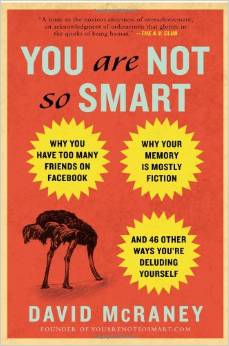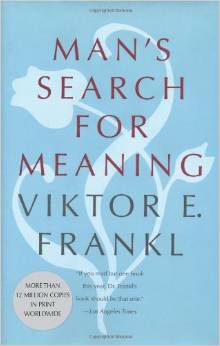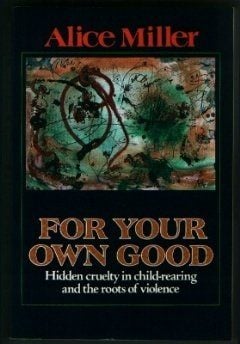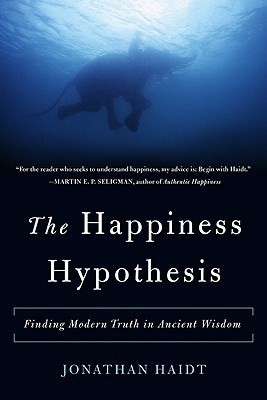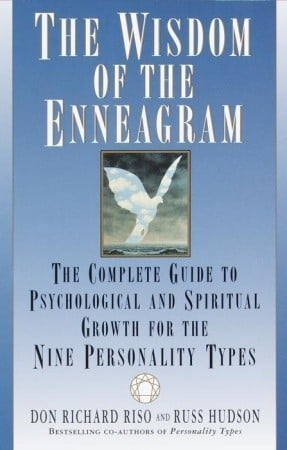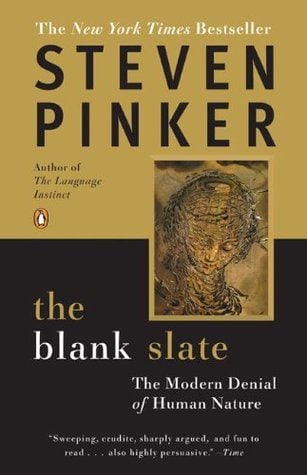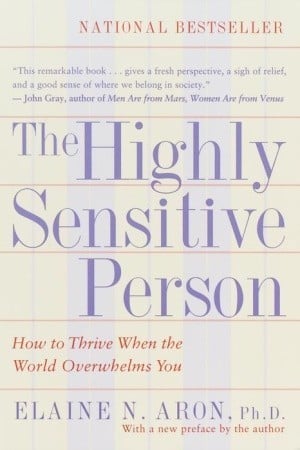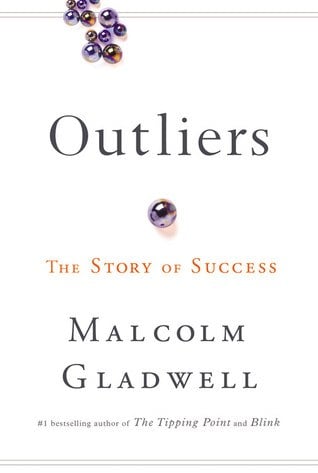These 25 self-improvement books will surprise you, make you think, and maybe even insult you. But more than anything, they will help you become a better person.
1. You Are Not So Smart: Why You Have Too Many Friends on Facebook, Why Your Memory Is Mostly Fiction, and 46 Other Ways You’re Deluding Yourself
by David McRaney Read it
“If you see lots of shark attacks in the news, you think, ‘Gosh, sharks are out of control.’ What you should think is ‘Gosh, the news loves to cover shark attacks.”
While the title may seem a bit insulting, this book is meant to celebrate our irrational nature, and explain human psych in an entertaining way. Sections like Learned Helplessness, Selling Out, and the Illusion of Transparency give a peak into the human brain – in all it’s glory and craziness.
2. The Upside of Irrationality: The Unexpected Benefits of DefyingLogic at Work and at Home
by Dan Ariely Read it
“Upton Sinclair once noted, “It is difficult to get a man to understand something when his salary depends upon his not understanding it.”
This is another read on human irrationality, again with a positive, explanatory spin. Ariely, an economist, gives insight into human behavior in relationships and the workplace. He also covers the fascinating, underlying reasons why humans cheat.
3. The Tipping Point: How Little Things Can Make a Big Difference
by Malcolm Gladwell Read it
“Emotion is contagious.”
In the age of viral videos, content, and ideas, The Tipping Point explores a very relevant question: what makes something spread? The book covers the topic in a universal manner, helpful to anyone in business or simply anyone with a promising idea in their head.
4. The Road Less Traveled: A New Psychology of Love, Traditional Values, and Spiritual Growth
by M. Scott Peck Read it
“Problems call forth our courage and our wisdom; indeed, they create our courage and wisdom.”
While The Road Less Travelled is decades old, it is a classic self-improvement best seller for good reason. This is a great read for anyone who wants to improve and better understand their relationships.
5. Man’s Search for Meaning
by Victor Frankl Read it
“Man is originally characterized by his “search for meaning” rather than his “search for himself.”
The more he forgets himself—giving himself to a cause or another person—the more human he is. And the more he is immersed and absorbed in something or someone other than himself the more he really becomes himself.” A profound story, Man’s Search For Meaning tells of the author’s experiences in Auschwitz. Frankl goes on to explain a profound psychological therapy program based on what he learned during these struggles.
6. The Now Habit: A Strategic Program for Overcoming Procrastination and Enjoying Guilt-Free Play
by Neil Fiore Read it
“When you commit to a goal, you’re committing to a form of work that brings ongoing rewards. When you procrastinate, you’re choosing a self-punishing form of work.”
This one’s for the do-it-tomorrowers. The Now Habit outlines how to accomplish tasks without the negativity and guilt, and how to enjoy your free time in a more meaningful way.
7. For Your Own Good: Hidden Cruelty in Child-Rearing and the Roots of Violence
by Alice Miller Read it
This book drives home the ways in which abusive parenting can deeply damage a child. Miller, a Swiss psychologist, determines what kinds of parenting mistakes lead to major developmental problems in children. She also discusses ways in which adults can finally heal their childhood scars.
8. Emotional Intelligence: Why It Can Matter More Than IQ
by Daniel Goleman Read it
“When we are in the grip of craving or fury, head-over-heals in love our recoiling in dread, it is the limbic system that has us in its grip.”
Goleman distinguishes between 2 minds: the rational and the emotional, and how your emotional intelligence can determine success in almost any social area, including work and relationships. This book defines a new way to be “smart.”
9. Switch: How to Change Things When Change Is Hard
by Chip Heath & Dan Heath Read it
“Knowledge does not change behavior. We have all encountered crazy shrinks and obese doctors and divorced marriage counselors.”
Knowing that something must change is often simple, but actually changing it is another issue entirely. This book teaches us why change is hard, and gives examples of how uniting the rational and emotional minds can bring lasting change.
10. Whatcha Gonna Do with That Duck?: And Other Provocations
by Seth Godin Read it
“Hard work begins when you deal with the things that you’d rather not deal with: fear of failure, fear of standing out, fear of rejection. Hard work is about training yourself to leap over this barrier, tunnel under that barrier, drive through the other barrier. And then, to do it again the next day.”
If the title stumps you, it’s a reference to the idiom that instructs us to “get our ducks in a row.” The book is a collection of Godin’s best blog posts on topics like marketing, business, bravery, and communication, all ripe with humor and innovation.
11. The Attention Revolution: Unlocking the Power of the Focused Mind
by Alan Wallace Read it
“Meditation is a balancing act between attention and relaxation.”
A cross between Buddhism and science, this book perfectly conveys the importance of an underrated skill: paying attention. Wallace shows how profound levels of attention can be reached through meditation, and how it can change our lives.
12. The Happiness Hypothesis: Finding Modern Truth in Ancient Wisdom
by Jonathan Haidt Read it
“If you are in passionate love and want to celebrate your passion, read poetry. If your ardor has calmed and you want to understand your evolving relationship, read psychology. But if you have just ended a relationship and would like to believe you are better off without love, read philosophy.”
This book delves back in history to extract wisdom and guidance for modern times. Taking a psychological perspective to determine how happiness is achieved, this book reminds us of the hidden wisdom in basic truths.
13. The Wisdom of the Enneagram: The Complete Guide to Psychological and Spiritual Growth for the Nine Personality Types
by Don Riso and Russ Hudson Read it
“If we observe ourselves truthfully and non-judgmentally, seeing the mechanisms of our personality in action, we can wake up, and our lives can be a miraculous unfolding of beauty and joy.”
If there is one thing this book will help you achieve, it’s a higher level of self-understanding. The book includes questionnaires for you to categorize your perspective, as well as detailed advice depending on your results.
14. The Blank Slate: The Modern Denial of Human Nature
by Steven Pinker Read it
“Human material existence is limited by ideas, not by stuff.”
Pinker’s ultra logical insights nail down some of the most common questions and misconceptions about human nature. He covers a variety of topics including politics, parenting, and art, explaining how common beliefs have distorted the truth about who we are as a species.
15. Psycho-Cybernetics, A New Way to Get More Living Out of Life
by Maxwell Maltz Read it
“Every human being is hypnotized to some extent, either by ideas he has uncritically accepted from others or ideas he has convinced himself are true. These negative ideas have exactly the same effect upon our behavior as the negative ideas implanted into the mind of a subject by a professional hypnotist.”
Psycho‑Cybernetics is a program that pioneered the concept of a mind-body connection. The book’s aim is to help you find happiness, health, and success through changing negative habits – and yes, the “how” is explained too.
16. Thinking, Fast and Slow
by Daniel Kahneman Read it
“The illusion that we understand the past fosters overconfidence in our ability to predict the future.”
Thinking Fast and Slow will get you thinking about thinking. How to optimize your thinking, the dangers of bias and overconfidence, and proper decision making are just a few of the topics covered.
17. The Highly Sensitive Person
by Elaine Aron Read it
“Highly sensitive people are cautious, inward, needing extra time alone. Because people without the trait (the majority) do not understand that, they see us as timid, shy, weak, or that greatest sin of all, unsociable. Fearing these labels, we try to be like others. But that leads to our becoming overaroused and distressed. Then that gets us labeled neurotic or crazy, first by others and then by ourselves.”
The Highly Sensitive Person is a good read for those who want to calm overstimulation and anxiety. However, for those who aren’t in this population, it will help you enrich your interactions with those that are in this group.
18. The Power of Now
by Eckhart Tolle Read it
“The past gives you an identity and the future holds the promise of salvation, of fulfillment in whatever form. Both are illusions.”
A wildly popular book, The Power of Now is a 101 guide to spiritual growth and enlightenment. Tolle reveals how we shape our relationship with and experience of pain.
19. Outliers: The Story of Success
by
“Hard work is a prison sentence only if it does not have meaning. Once it does, it becomes the kind of thing that makes you grab your wife around the waist and dance a jig.”
Outliers is a fascinating book about what everyone wants to know: what do I need to do to be a huge success? The answer may surprise you. Gladwell draws attention not to what successful people do, but where they are from.
20.Who Moved My Cheese?: An Amazing Way to Deal with Change in Your Work and in Your Life
by
“The fear you let build up in your mind is worse than the situation that actually exists.”
Afraid of change? This book will teach you to shift your attitude on change and learn to accept the more difficult ones. Using plenty of humor and practicality, Johnson prepares us for that which has yet to come.
21. This Is How
by Augusten Burroughs Read it
“I’m lonely in some horribly deep way and for a flash of an instant, I can see just how lonely, and how deep this feeling runs. And it scares the shit out of me to be so lonely because it seems catastrophic – seeing the car just as it hits you.”
Burroughs offers a catch-all solution to just about every different struggle a person can have: resilience. This author has been through it all, and has come out the other side to offer a unique way for us to endure our issues.
22. “Life Was Never Meant to Be a Struggle”
by Stuart Wild Read it
“If you don’t change, reality in the end forces that change upon you.”
The general theme of this book is to identify the root of a problem and develop an action plan to solve it. This book will change your perception of struggle, eliminating it as a necessity for success. “No pain, no gain” simply becomes “no pain.”
23. “Feel the Fear… and Do It Anyway”
by Susan Jeffers Read it
“The only way to feel better about myself is to go out… and do it.”
Jeffers gives a no-nonsense approach to overcoming fear in any area of life. While there may not be a way to eliminate it, we can act despite fear. This book will help you move away from a victim mentality and into a place of power.
24. The Art of Happiness
by The Dalai Lama Read it
“If you want others to be happy, practice compassion. If you want to be happy, practice compassion.”
The Art of Happiness is a practical guide to “riding it out.” The Dalai Lama provides stories and examples of how we can withstand everyday setbacks, while still maintaing a constant inner peace.
25. Change Your Brain, Change Your Life: The Breakthrough Program for Conquering Anxiety, Depression, Obsessiveness, Anger, and Impulsiveness
by Daniel G. Amen Read it
Amen gives us a peek into our mental health issues from a neuroscience perspective. Thanks to the discovery of neuroplasticity, this book provides simple techniques we can use to literally change how our brains function.
Featured photo credit: kshelton via pixabay.com

